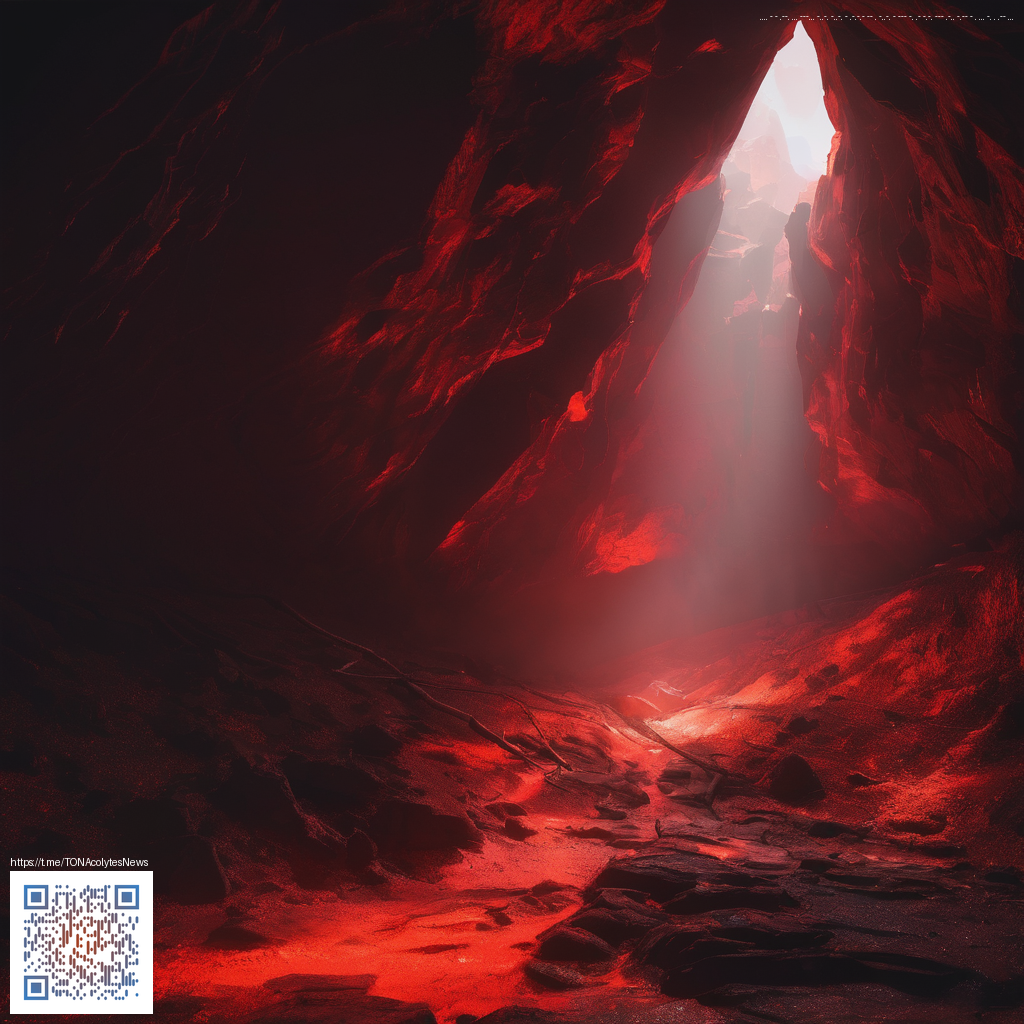
Starting a fresh world in Minecraft can feel like stepping into a vast, unknown realm. The key to turning a precarious beginning into a sustainable survival run is simple: prioritize safety, gather essentials, and establish routines that scale with your needs. From day one, the goal is to create a dependable loop—explore, collect, craft, and secure—so you can push farther with confidence rather than fear the night sky.
Getting Started: Build a Solid Foundation
Your first hours are about three things: shelter, food, and a reliable toolset. Begin with a quick oak-tree harvest to craft a basic wooden pickaxe, then upgrade to stone as soon as you can. This tiny upgrade dramatically speeds up mining and resource gathering. As you establish your base, think in layers: a bed for skip-a-night sleep, a small chest for organized storage, and a furnace to smelt ores and cook food. A well-structured starter base not only protects you from hostile mobs but also makes your early-resource economy more predictable.
As you lay out your plans, keep a pace and safety rhythm in mind. Don’t sprint aimlessly into caves without a light source; instead, collect coal and make torches before you mine. Lighting is your most reliable early defense against creepers and other nighttime surprises. It also makes your base feel instantly more secure and comfortable, which matters when you’re learning the ropes.
“A calm, deliberate approach beats frenetic scrambling any day in the early game. Consistency is the mystery item you’re crafting.”
Tools, Resources, and Early Upgrades
Known as the backbone of your early survival journey, a simple, steady toolkit helps you convert raw materials into useful upgrades. Move from wooden tools to stone, then iron as resources permit. Iron is a meaningful upgrade because it unlocks buckets, shears, and better armor—critical for longer exploration sessions. Don’t neglect your food sources, either. Farm seeds, hunt responsibly, and consider building a tiny farm near your shelter so you’re never far from nourishment during week-long explorations.
- Always carry a water bucket for quick drops and lava safety.
- Carry spare torches and a small stack of logs for real-time shelter repairs.
- Keep a furnace stocked with fuel to smelt ores and cook meals during long mining runs.
As you gain experience, you’ll notice that planning ahead saves you from redoing early work. For players who value a steady desk setup to plan builds and coordinate sessions, a quality mouse pad can make a real difference during long planning marathons. If you’re curious about a premium option, you can check out the Custom Vegan PU Leather Mouse Pad with non-slip backing here: https://shopify.digital-vault.xyz/products/custom-vegan-pu-leather-mouse-pad-non-slip-backing. It’s a small upgrade that pays off during intense, multitask-heavy sessions. For more beginner-oriented resources, several guides are also summarized on pages like https://x-landing.zero-static.xyz/9ef1f667.html.
Exploration Strategies: When to Push Forward
Exploration is where your skills grow, but pacing remains essential. Before you stray far from your base, craft a map of your priorities: secure a second safehouse, locate a village or a stable food source, and test mining routes that won’t strand you underground once night falls. When you do push into caves, equip yourself with a shield, a reliable weapon, and a steady supply of torches. Map out your route as you go, so you can navigate back to safety without unnecessary detours.
In the end, the survival checklist becomes a habit. You’ll start noticing patterns: what materials you prioritize, how you manage your hunger, and how quickly you can convert raw ore into practical upgrades. Those small wins accumulate into a strong foundation, letting you tackle more ambitious builds and more dangerous environments with confidence.
Mindset: Consistency, Practice, Patience
Survival isn’t just about collecting loot; it’s about building a routine that supports you as you advance through new biomes and tougher challenges. Treat each day as a fresh chance to improve one skill—whether it’s faster mining, smarter farming, or better base design. The game rewards deliberate practice, and your comfort with the basic systems grows the more you repeat them. And when you do feel stuck, take a step back, reassess your tools and shelter, and take one small, achievable step forward.